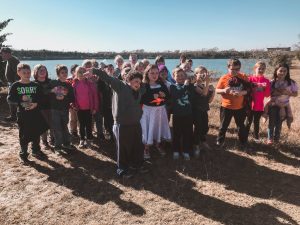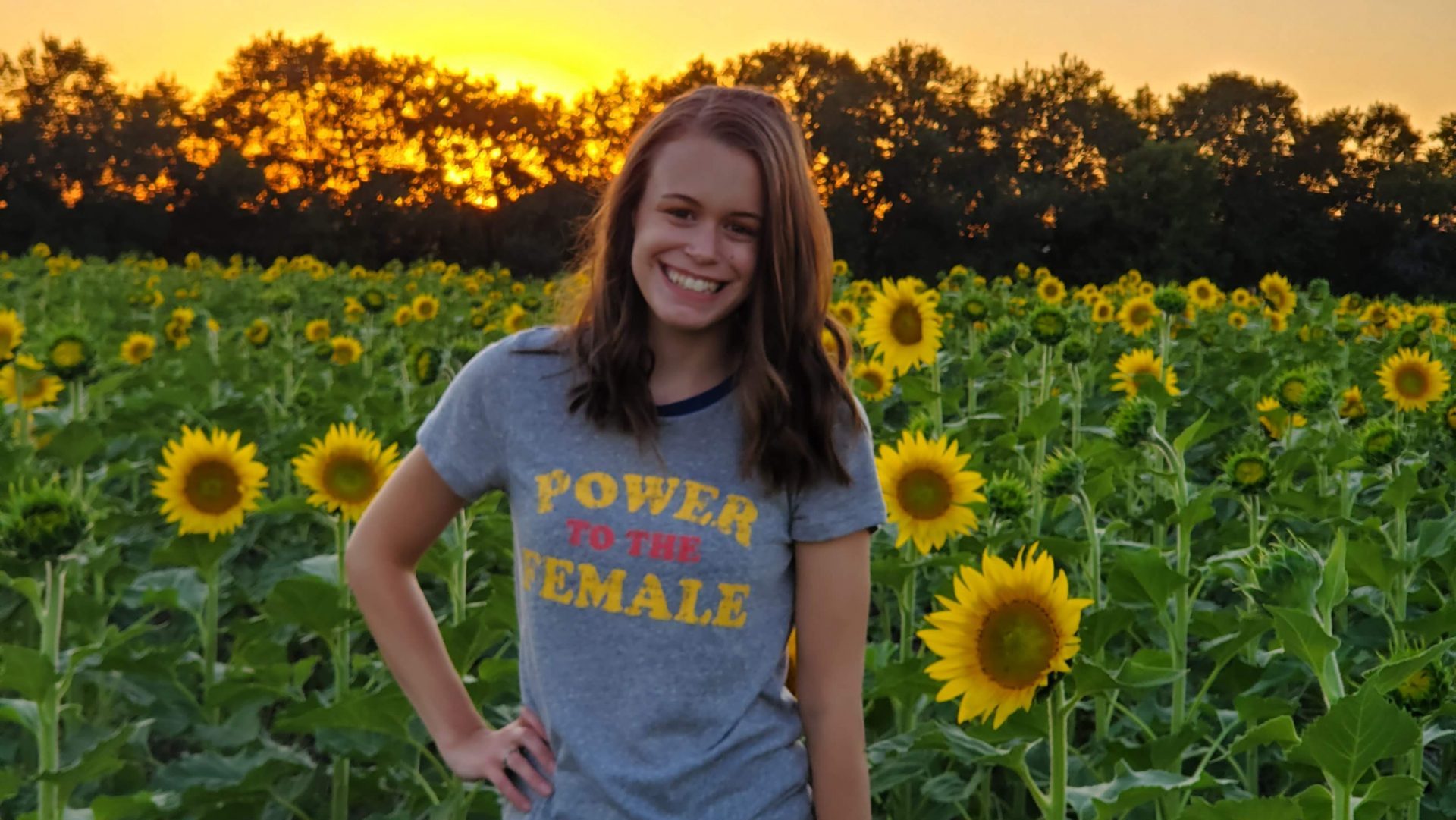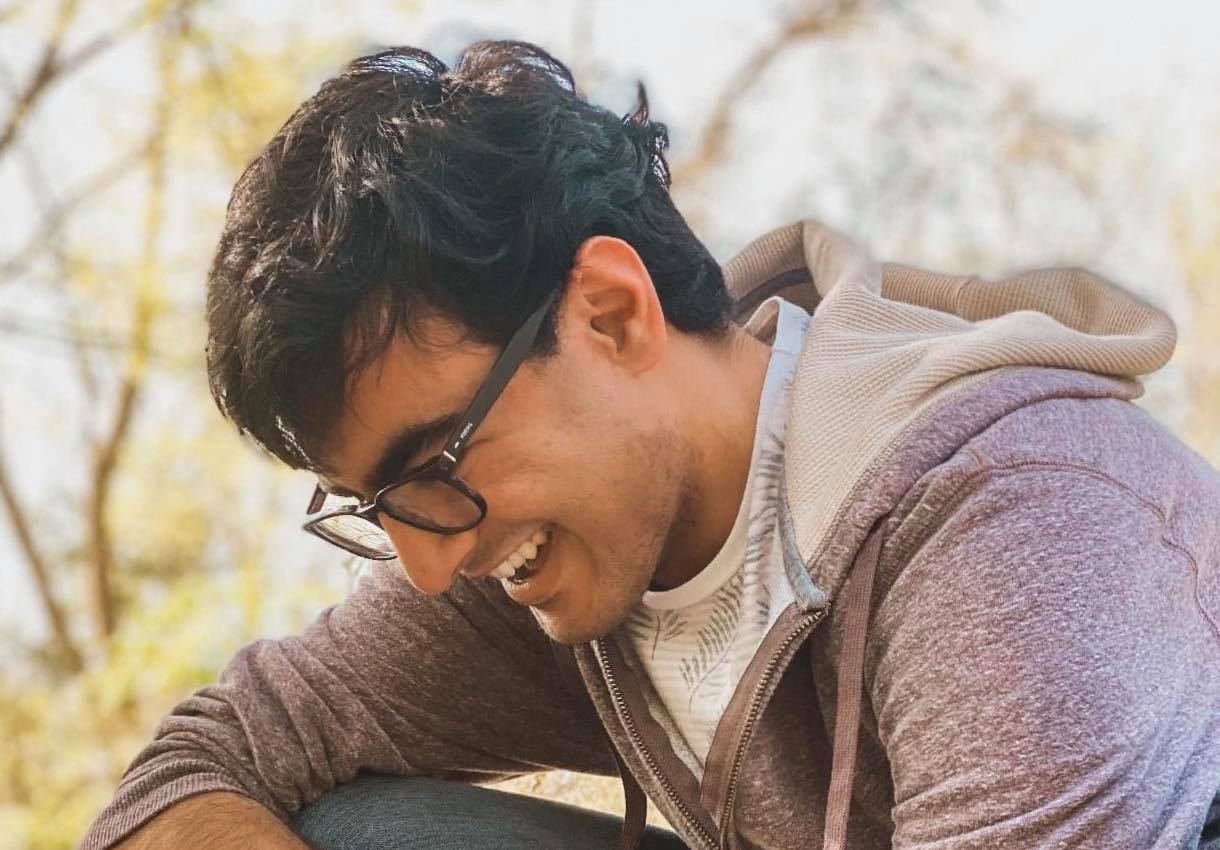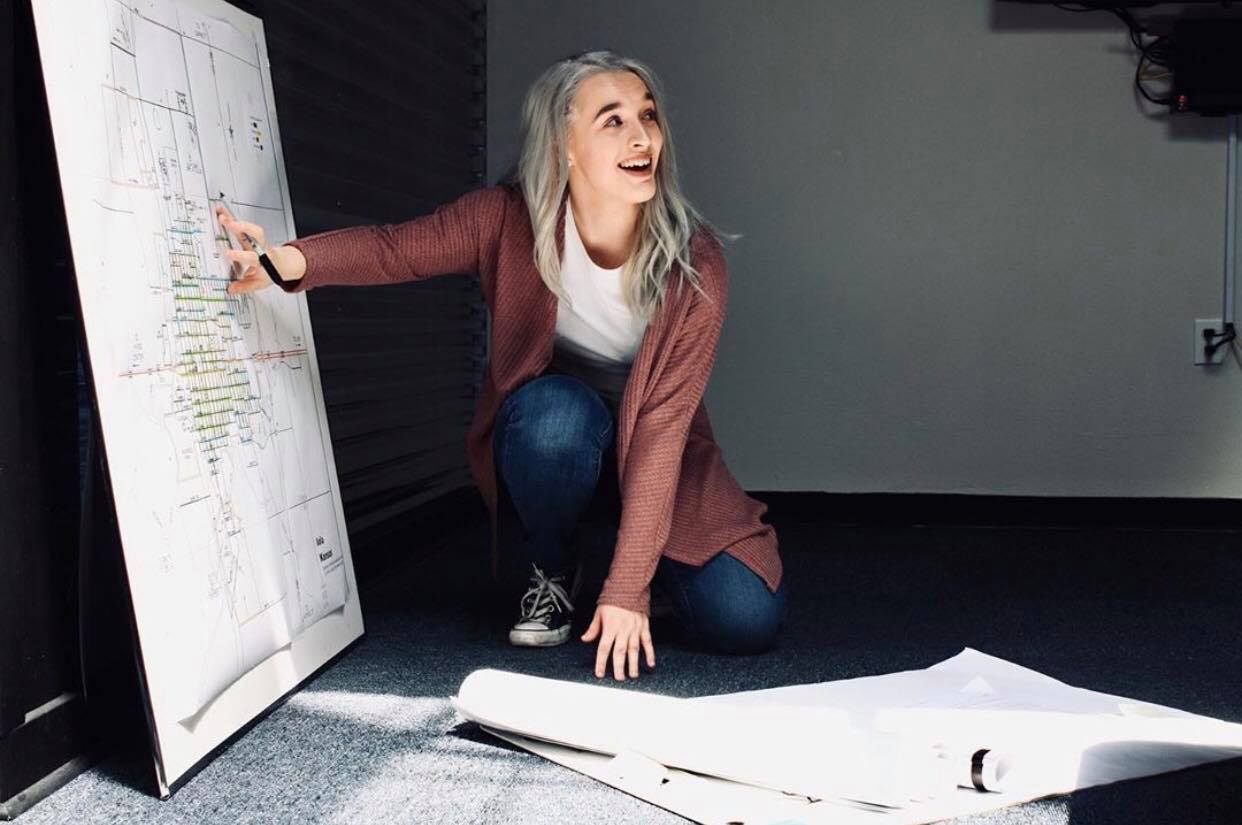Dear Reader,
I often find myself sharing stories of projects and initiatives going on at Thrive Allen County as a way to reflect on my time working to improve the rural Midwest and being fortunate enough to call it my home. Last week, I was reminded why all of us in the nonprofit sector do what we do: to make our little corner of the world, and our way of life, carry on for future generations.
I was lucky enough to join Thrive Allen County board members and Lehigh Portland Trails stewards, Randy Rasa and Don Burns, in educating local USD #257 3rd-graders about Allen County’s prairie heritage and about how spending time in nature is as important to health as doctor and dentist visits, exercise, and healthy food. Students learned about ongoing prairie restoration efforts at Lehigh, and were able to get out of their classrooms and take a field trip to the trails, where they helped plant grass and wildflower seeds, as well as hunted for fossils in the limestone rocks along the quarry lake.
Randy wasted no time in getting students informed immediately after they exited the bus, about the history that
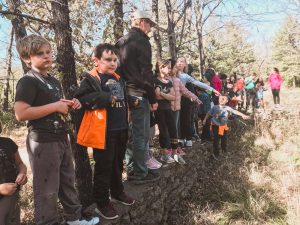
Two of the 3rd grade groups standing on top of one the remains of one African-American settlement house.
surrounded them. Eyes peered down to the ground as the school children learned about the remains of the old stone African-American settlements that once stood proudly on the land. The foundation still intact, and serving as visual reminders of the individuals who were able to call the grounds home, first.
“That’s a small house,” one of the children quipped.
“That’s because they didn’t need big houses. They were always outside,” her teacher informed her. The child replied very simply, “I want to live like that.”
Me too, kid. Me too. I think we should all strive to live that way.
We then stopped several times on our way to the quarry, planting grass and wildflower seeds, with several students using sticks and shredded tree bark to make holes in the ground for the seeds to grow in.
“I want you to be able to come back next year, the year after that, and many more years down the road and be able to say ‘I helped plant that,’” Randy told them.
And maybe the children won’t understand how special that sentiment is for awhile, but I hope that one day, many years down the road, they will be able to appreciate the efforts done by all the volunteers that helped bring the Lehigh Portland Trails to life, including them.
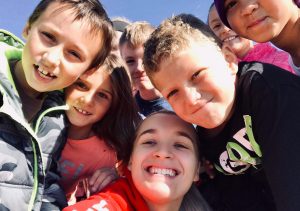
My group stopping to take a quick selfie before we began digging for crinoid fossils.
We finally made our way to the edge of quarry in search of crinoid fossils, which the kids learned were marine animals that make up the class Crinoidea, one of the classes of the phylum Echinodermata, which also includes the starfish, brittle stars, sea urchins, and sea cucumbers. As they scaward for the remains of these ancient sea creatures, I overheard a pair of friends examining their findings and talking about how they imagined the world around them being underwater during the Ordovician Period, or “when it was underwater” as they explained it, when the creature’s environment was at its peak.
Education doesn’t get any more real than this.
Although I consider myself to be a cognizant individual who takes frequent walks out to the trails to take in scenery and fresh air, being able to watch children run around and examine every detail of beauty the Lehigh Portland Trail System have to offer gave me a chance to step back and remember just how fortunate I am to live in such a heavenly place. And the wonderfully curious children of our area served as a reminder to me that every headache, moment of stress, and exhaustion that I could ever have working at this job is undeniably worth it if it means these children, and all those that come after them, have the opportunity to grow up in a community as happy and healthy such as Allen County.
Yours Rurally,
Allie Utley, Executive Intern
